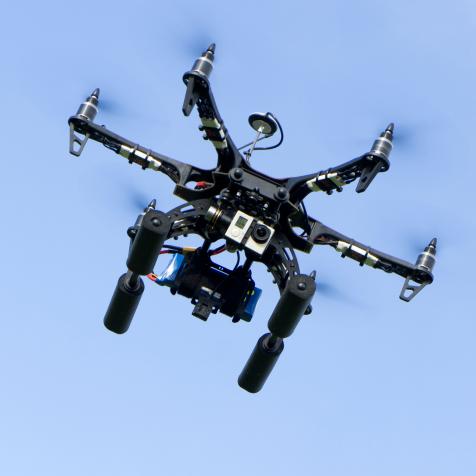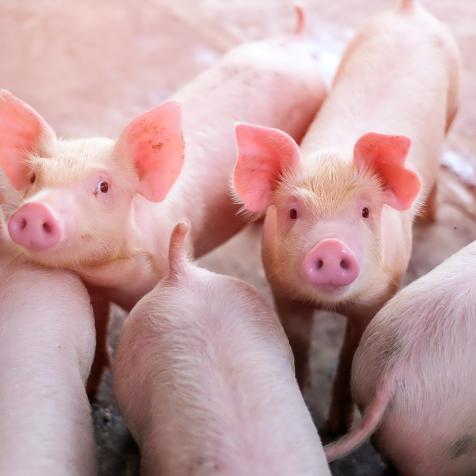
Thomas Winz
Curiosity Daily Podcast: Seeing Stars, Seagull Staredown, Itsy Bitsy Microdrones
Today, you’ll learn about how cultures across the world often make constellations from the same groups of stars due to the nature of vision and perception, what to do when an animal tries to steal your food during a picnic on the beach, and drones smaller than a red blood cell that can be controlled using only the power of light.
Episode show notes:
Does your star pattern look like my star pattern?
- “Constellations Across Cultures: How Our Visual Systems Pick Out Patterns in the Night Sky” from the Association for Psychological Science
- “Perceptual Grouping Explains Similarities in Constellations Across Cultures” by Charles Kemp, Duane W. Hamacher, Daniel R. Little, and Simon J. Cropper
- “The Big Dipper (the Plough)”
- The Astronomical League
Staring contests really do work.
- "Stare at Seagulls and They'll Leave Your Food Alone” by Mindy Weisberger
- “Stare seagulls out to save your snacks, researcher says” by Ian Sample
- “Staring down seagulls can stop them stealing your chips” by Sam Wong
- “Herring gulls respond to human gaze direction” by Madeleine Goumas
Sun doesn’t just give plants life, but drones, too.
- “Microdrones With Light-driven Nanomotors” By Universitat Wurzburg
- “Light-Driven Motors Power Tiny Drones” By Patricai Daukantas
- “Polarization” by The Physics Classroom
Follow Curiosity Daily on your favorite podcast app to get smarter with Calli and Nate — for free! Still curious? Get exclusive science shows, nature documentaries, and more real-life entertainment on discovery+! Go to https://discoveryplus.com/curiosity to start your 7-day free trial. discovery+ is currently only available for US subscribers.












